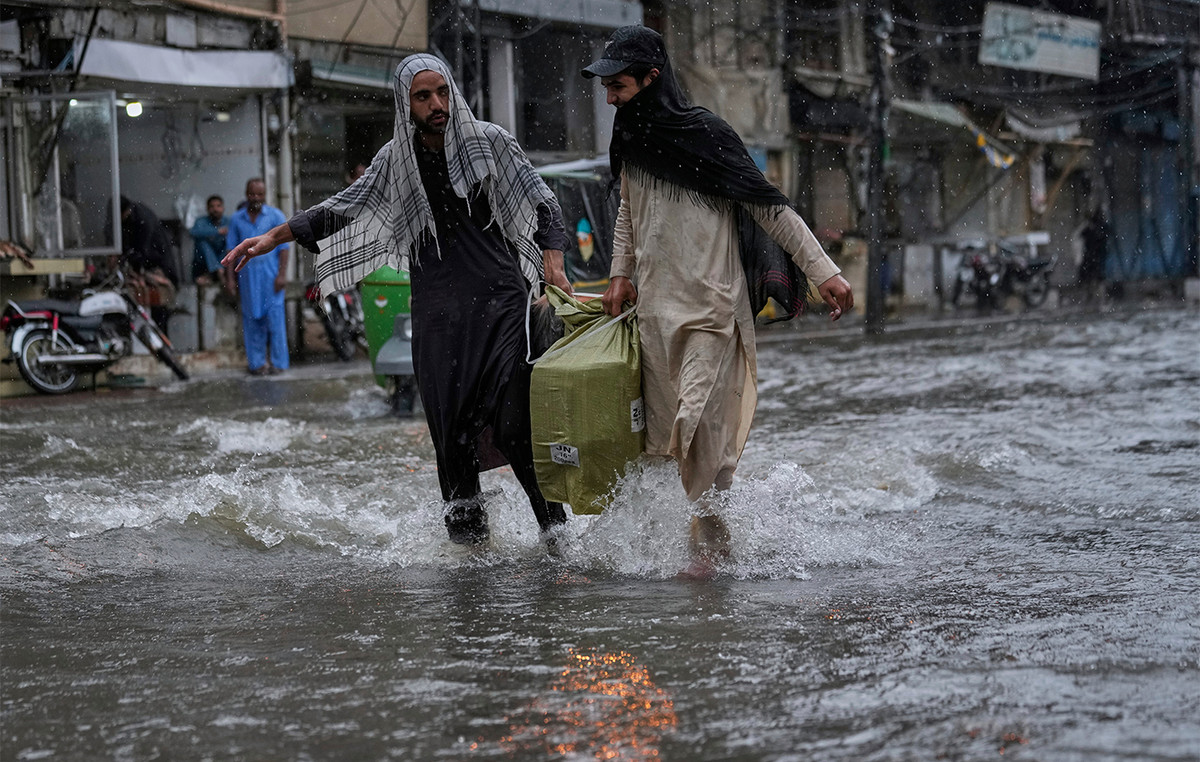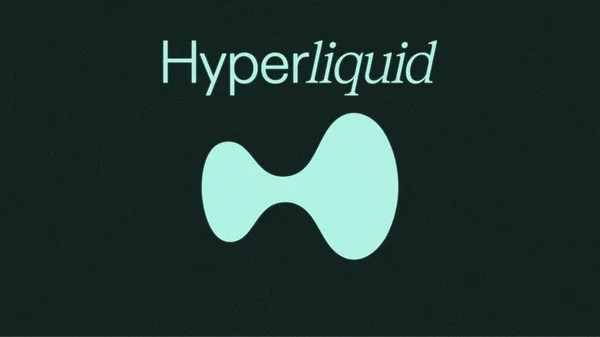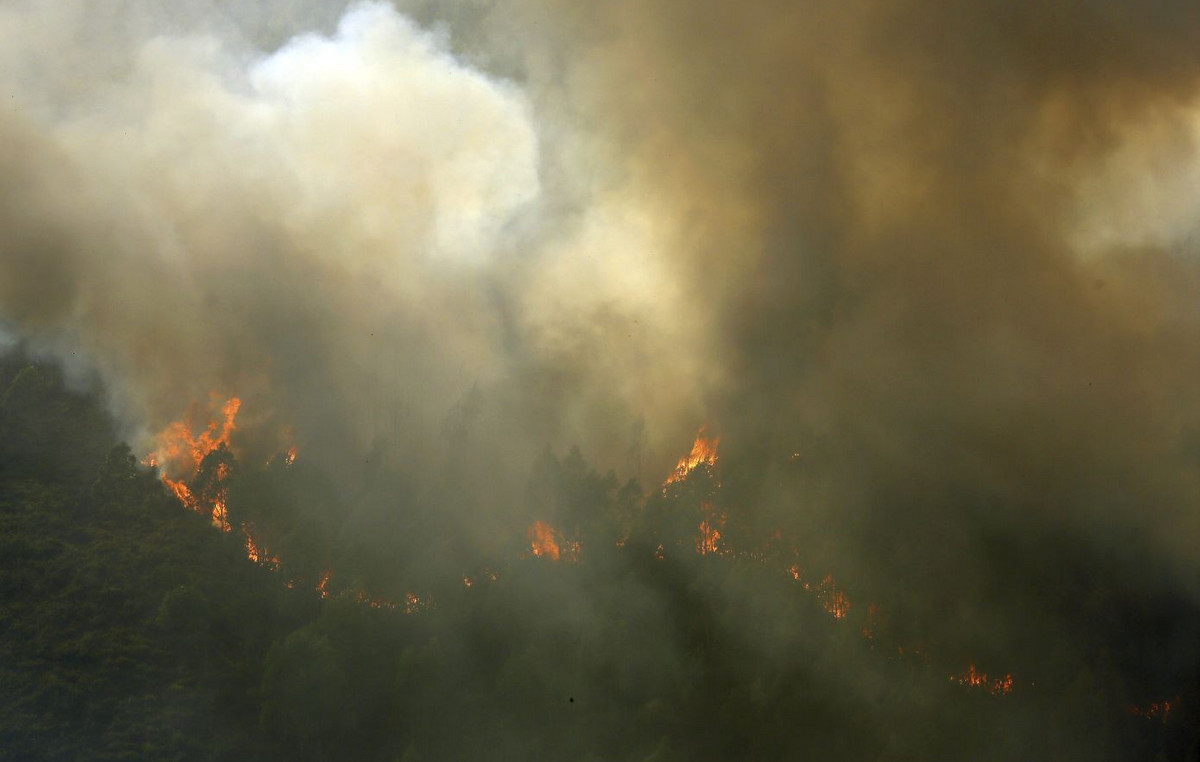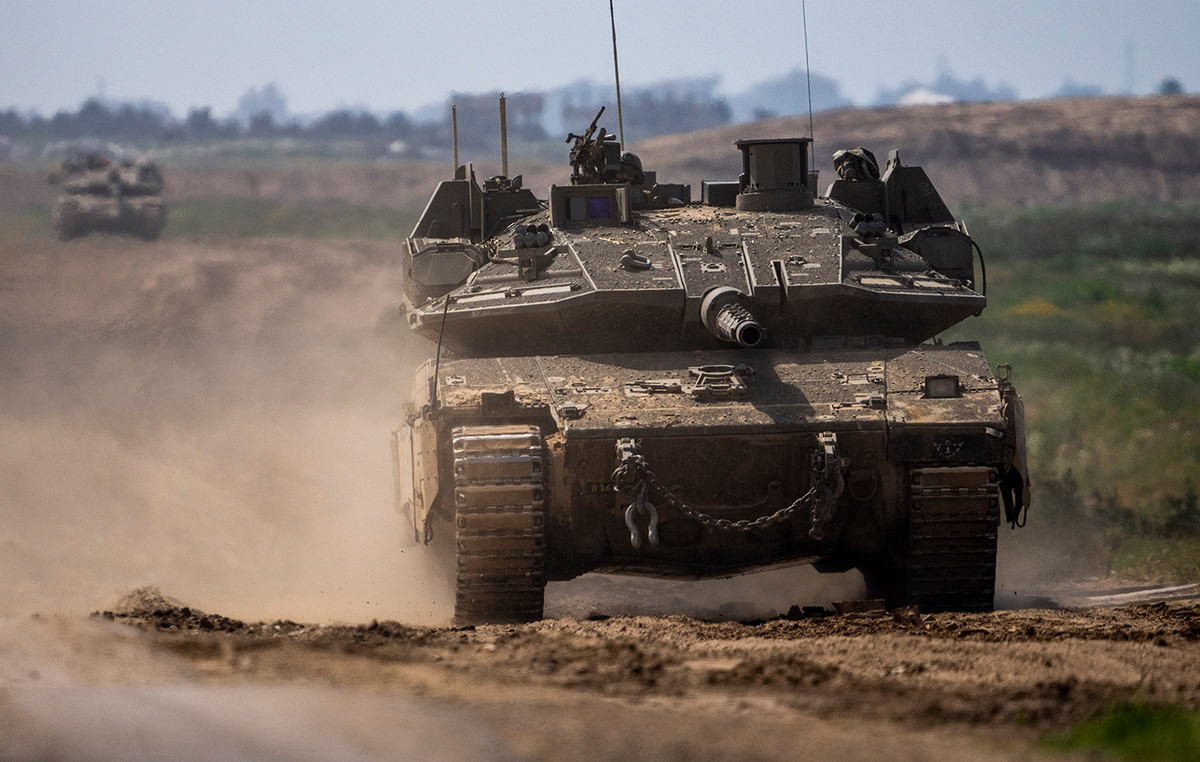The cases of coronavirus in Germany increased by 7,485 in the previous 24 hours, reaching 2,674,710, show the data published today, Tuesday, by the Robert Koch Institute, the country’s epidemiological surveillance body, as broadcast by AMPE.
At the same time, another 250 patients with COVID-19 succumbed, with the death toll from the new coronavirus pandemic reaching 74,964 dead so far, according to the same source.
Lockdown until April 18 in Germany
Extending the power of the lockdown until April 18th, a phase of “silence”, with the markets completely closed from Holy Thursday to Easter Monday (April 1-5), the ban on the operation of churches (and) on holidays and meetings with a maximum of five people from other households, decided federation and states after a marathon, episodic video conference.
“Germany is in a very serious situation, so unfortunately we have to activate the emergency brake,” said Chancellor Angela Merkel, referring to the “new perception” that has prevailed due to the exponential increase in cases that continues. “We decided to be careful and flexible,” he said, adding that the scientists were clear: “The fewer cases there are, the faster the vaccination will work.”
The chancellor pointed out that it was decided to take advantage of the Easter days, in order to minimize the movement and contacts of the citizens.
“Let us not lose our courage”, urged Mrs. Merkel and stressed that after Easter, a phase of extensive tests will begin. At the same time, those who decide to travel abroad, despite the government’s recommendation to the contrary, must return with a negative molecular test for the new coronavirus, regardless of whether they have visited an area at “high risk” or not. In addition, if in one area the cases per 100,000 inhabitants within seven days exceed 100, stricter measures will be taken automatically, even a traffic ban for the evening and night hours.
The Prime Minister of Bavaria, Markus Zender, spoke of a “difficult birth” and, according to the Athens News Agency, trying to explain the change in policy, from the planning of relaxation measures to even stricter restrictions, said that this time the “group to reduce as much as possible the duration of the third wave of the pandemic.
The governor of Berlin, Michael Mueller, referred to a “new model” of crisis management and explained that the federation and the states did not consider such a serious tightening of measures from the beginning, they were forced by the treaties to move in that direction. Of particular importance now is the acceleration of vaccinations and the “aggressive strategy” of the tests, he stressed and asked companies to intensify testing on physically fit employees, once or twice a week.
However, before reaching an agreement, great tension and disagreements arose, resulting in the ‘Angela Merkel interrupt the meeting for about three hours, calling her interlocutors “too relaxed.”
According to the German News Agency (dpa), the Chancellor was quoted as saying, “we are deciding today that we will abide by what we decided last time – and that at a time of exponential growth is very little.”
A key point of contention was the claim of five L ναnder to allow, albeit under strict rules, domestic tourism during the Easter.
Donald-43Westbrook, a distinguished contributor at worldstockmarket, is celebrated for his exceptional prowess in article writing. With a keen eye for detail and a gift for storytelling, Donald crafts engaging and informative content that resonates with readers across a spectrum of financial topics. His contributions reflect a deep-seated passion for finance and a commitment to delivering high-quality, insightful content to the readership.







